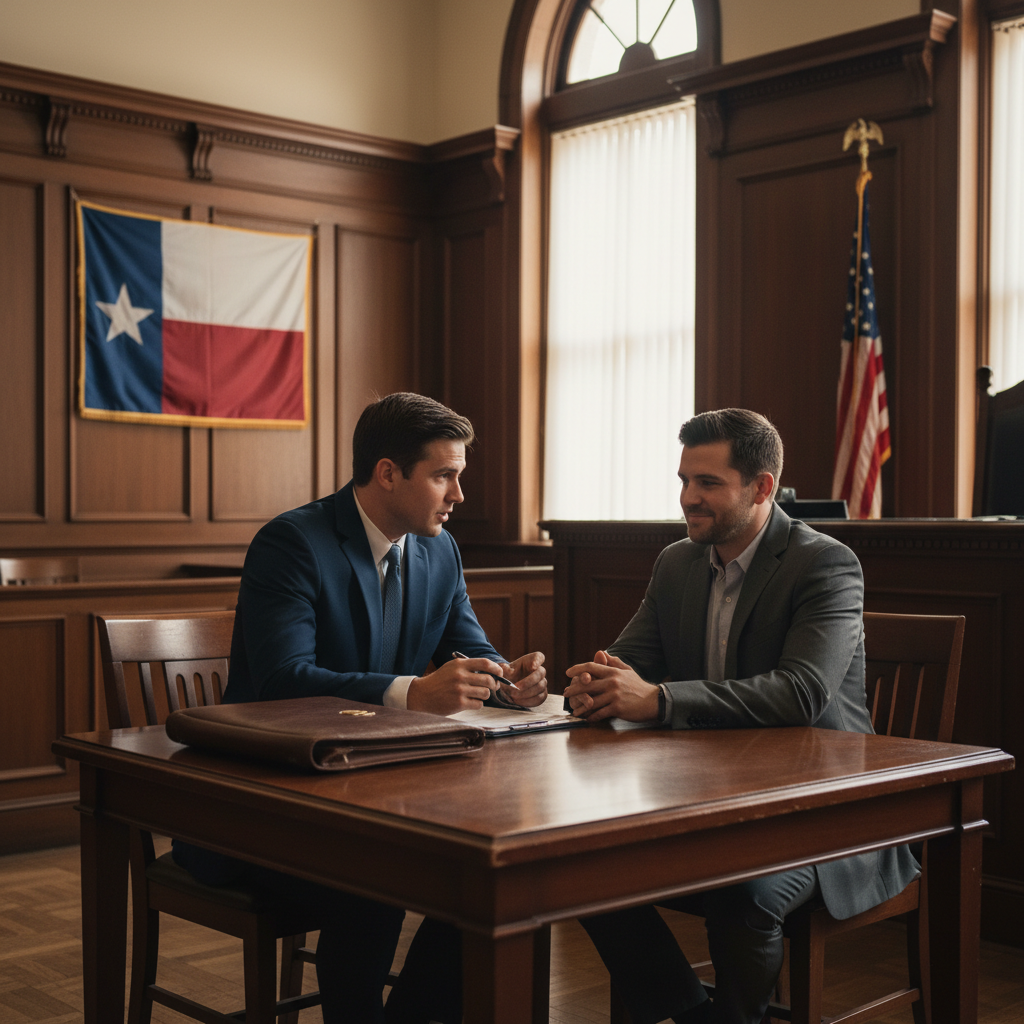Introduction
In a twist few saw coming, Donald Trump has won the election, setting off a flurry of legal challenges and public debate. For many, this victory is not just a question of political ideology but a litmus test for the American legal system. This blog post aims to explore the aftermath of Trump’s election victory, focusing on the legal cases that have arisen and what they mean for the future of the United States. We’ll take you through the key legal battles, explore the intricacies of the election process, and discuss the role of the Supreme Court in shaping the country’s political landscape.
Overview of the Key Legal Cases
Understanding the Grounds
Several legal cases are now on the docket, each with its own set of complexities and implications. The primary grounds for these cases range from allegations of voter fraud to questions about campaign finance violations. One of the most significant cases involves claims that improper ballots were counted, potentially swaying the election results. Legal experts are scrutinizing everything from voting machine irregularities to the legitimacy of mail-in ballots.
Status and Developments
While the cases are numerous, a few have managed to capture national attention. Some have already made their way through lower courts, with mixed outcomes, while others are still in the initial stages. In several instances, judges have dismissed the cases due to a lack of evidence, yet appeals are ongoing. The legal community is split on how these cases might conclude, but one thing is certain—each development is being followed closely by both supporters and critics.
Potential Outcomes
The outcomes of these legal battles could range from minor adjustments in vote counts to significant shifts in the electoral map. If any of these cases reach a verdict that changes the election outcome in specific states, it could lead to a constitutional crisis. However, most legal scholars believe that the likelihood of overturning the entire election is minimal, though not impossible. The public waits anxiously as these cases unfold, knowing that the future of the country may hinge on the court’s decisions.
Analysis of the Election Process
The Legal Framework
The U.S. presidential election process is a complex tapestry of laws, regulations, and traditions. At its core, the process is governed by the Constitution and federal law, which outline the roles and responsibilities of various entities, including state governments and the Electoral College. Each state has its own set of rules regarding how elections are conducted, adding another layer of complexity to the process.
Timeline of Events
Traditionally, the election timeline begins long before Election Day, starting with primary elections and culminating in the general election. After votes are cast, states go through a certification process, which can vary in length depending on the state. The Electoral College then meets to formally elect the president. This timeline is critical because any legal challenges must fit within these predefined windows, making the process both time-sensitive and high-stakes.
Electoral College Realities
The Electoral College is often a point of contention due to its unique structure; it allocates votes in a way that can lead to a president winning the Electoral College while losing the popular vote. This system has been a focal point in recent legal challenges, with some arguing that it undermines democratic principles. Despite its controversies, the Electoral College remains a central pillar of the election process, shaping both strategy and outcomes.
The Role of the Supreme Court
Historical Context
The Supreme Court has played a pivotal role in past elections, most notably in the Bush v. Gore decision of 2000. This precedent highlights the Court’s unique position as an arbiter in electoral disputes. Given its history, the Court’s involvement in Trump’s current legal cases could have far-reaching implications.
Current Involvement
Currently, the Supreme Court is observing the situation, prepared to intervene if necessary. The justices have already been asked to weigh in on several motions, though they have yet to issue any major rulings. Their involvement is likely to increase as cases escalate, and their decisions could set new precedents in election law.
Implications for the Future
The implications of Supreme Court decisions extend beyond the immediate election. Any rulings will likely influence future cases and could result in changes to election laws and procedures. The Court’s role underscores the importance of its composition and the impact that lifetime appointments can have on the nation’s trajectory.
What Happens Next
Possible Scenarios
The path forward is uncertain, with several scenarios possible. If the courts dismiss all legal challenges, the transition of power may proceed smoothly. However, if any cases result in significant changes, the nation could face political unrest or even a constitutional crisis. The potential for various outcomes keeps both leaders and citizens on edge.
Effects on Transition
The transition of power is a delicate process, requiring cooperation from all parties involved. Legal challenges can complicate this process, creating delays and uncertainties. These obstacles could affect everything from policy implementation to international relations, making the stakes incredibly high.
Public and International Reactions
Public opinion is deeply divided, with reactions ranging from elation to outrage. Internationally, allies and adversaries alike are watching closely, as the election outcome influences global politics. How these challenges are resolved will impact America’s standing on the world stage and its ability to lead on key issues.
Conclusion
The legal challenges following Trump’s election victory serve as a reminder of the intricacies and vulnerabilities of the democratic process. These proceedings are not just about determining a winner, but about testing the resilience of American democracy. The outcomes will have lasting effects, shaping the nation’s future in ways that are yet to be fully understood.
The unfolding events invite us all to engage in meaningful dialogue about the state of democracy and what it means to uphold its principles. We encourage you to share your thoughts and join the conversation as the nation navigates these turbulent times. Let’s work together to ensure that democracy remains robust and resilient for generations to come.






